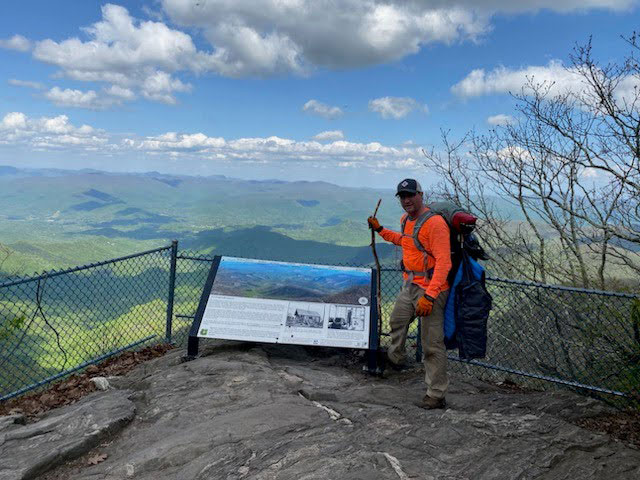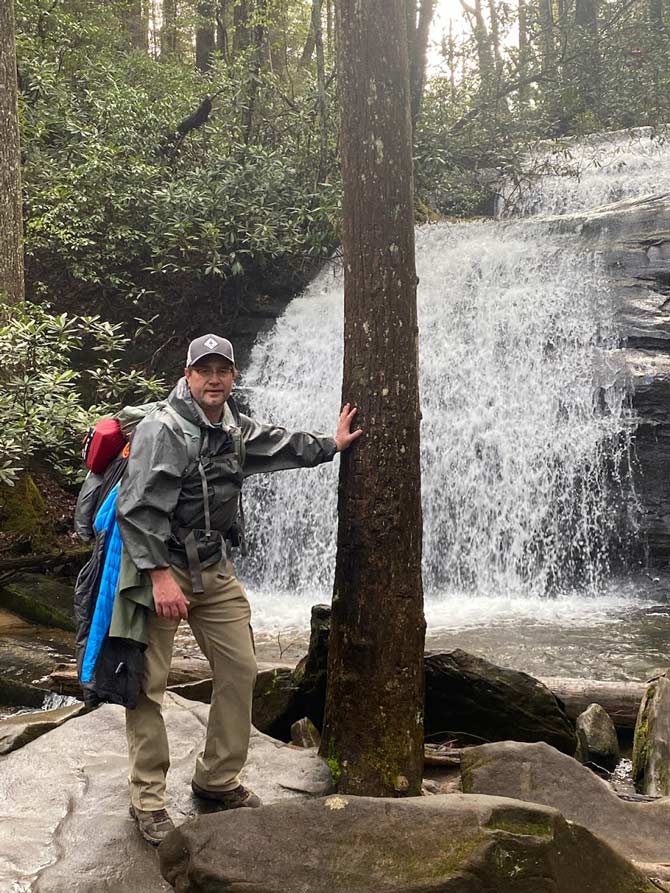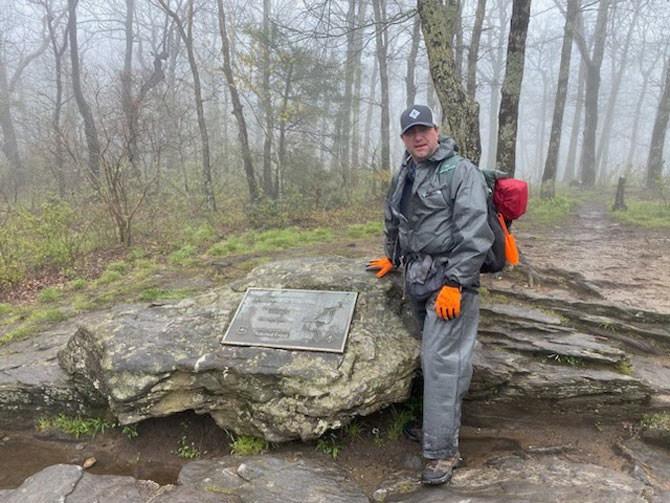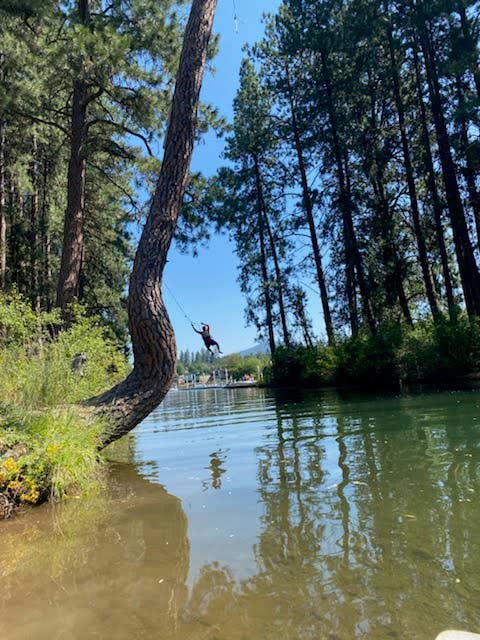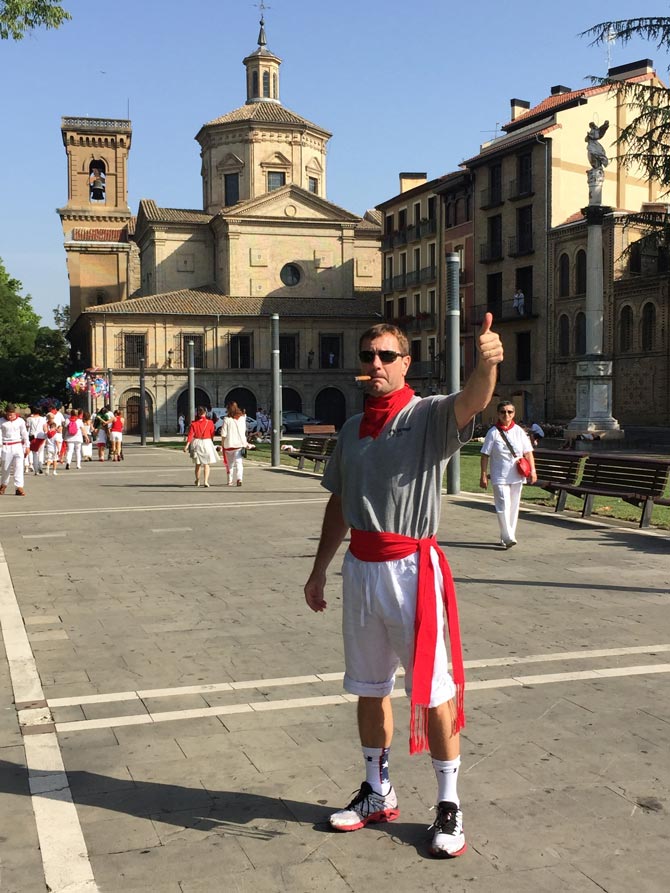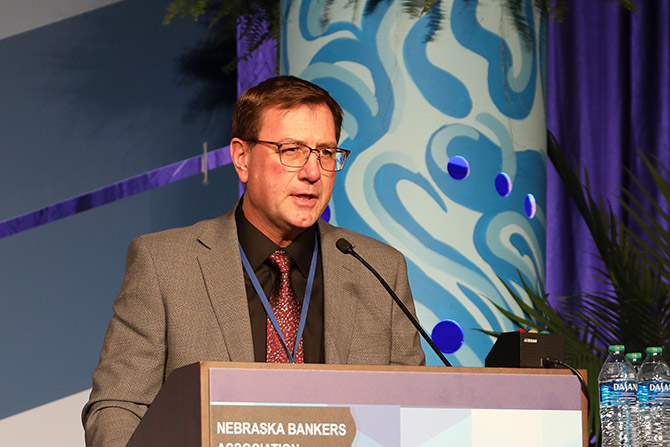In his 37-year tenure in banking, Brad Koehn embodies the essence of leadership and dedication within the banking industry. While transitioning through various industry roles throughout his career, Koehn’s commitment to serving others has remained unchanged. He is looking forward to giving back to the banking industry through his role as the 2024-2025 Nebraska Bankers Association Chair.
Koehn grew up on a small farm in Niobrara in the 1970s and early 1980s. This period was marked by the 1980s farm crisis, which caused extreme economic hardship for farmers and rural communities. The crisis had devastating effects across the nation, adversely impacting many farm families, rural businesses and banks. Koehn experienced the repercussions of a rural bank failure as his hometown bank was the first to close in Nebraska during that time.
As a teenager, he recalls resilience among the adults in his community, who silently bore the weight of their hardships without blame or complaint. It wasn’t until his studies in college that Koehn gained a broader perspective of the true nature of this economic crisis. Koehn was later drawn to banking by the desire to help prevent such crises from recurring.
“I witnessed firsthand what a bank failure and financial devastation does to a community. But even more impactful is how it affects families. It doesn’t just break businesses. It breaks communities. It breaks families,” he said.
This event made Koehn realize the fiduciary responsibility every banker should have, particularly in rural communities, and deepened his appreciation of the importance of the agriculture industry. It is something he has taken very seriously in his banking career.
Koehn entered the banking industry as a national bank examiner with the Office of the Comptroller of the Currency (OCC). The OCC charters, regulates and supervises all national banks, federal saving associations, federal branches and agencies of foreign banks.
He was immersed in a rigorous training program that delved deep into the intricacies of banking. The six-month program provided a comprehensive education on every facet of a bank’s balance sheet and its management, equipping Koehn with fundamental knowledge that would prove to be invaluable throughout his career.
As a regulator at the OCC, Koehn gained wide-ranging experience examining a variety of banks, from community institutions to large organizations. He encountered both well-managed financial institutions and those facing challenges, including the lingering aftermath of the farm crisis. These experiences provided him a broad perspective on the industry and instilled invaluable lessons about banking, risk assessment and management practices.
After four years of traveling across the United States with the OCC, Koehn made the transition to community banking to be more present for his wife and young family. His entrepreneurial spirit drew him towards the private sector, where he saw opportunities to apply his regulatory insights within a different context.
“The principles instilled from a regulatory background last forever. The broad perspectives of banking from seeing so many different banks and the identification and understanding of risk are fundamentals I still use today,” he said.
Koehn’s first opportunity in community banking was with Gretna State Bank, a subsidiary of Pinnacle Bank. He assumed multiple roles including cashier, vice president, commercial and ag lender and compliance officer, which speaks volumes about his adaptability and drive. After nearly two years, he transferred to the bank’s holding company in Central City. At 28 years old, he became responsible for the oversight of all Pinnacle Bank locations in Nebraska, Kansas and Wyoming, just shy of a billion dollars in assets.
“Working at the holding company for a large community bank was a unique, tremendous opportunity for someone of that age to experience. It certainly positioned me for the future that I have been blessed to enjoy in the industry,” he said.
His experience at such a young age left a lasting impression on Koehn, shaping his approach to leadership and mentorship. He emphasizes the importance of depth of knowledge and the ability to simplify complex concepts for younger colleagues, drawing from his own experiences of breaking down banking matters into understandable terms. Koehn’s commitment to integrity and doing what is right, even in the face of public scrutiny, reflects the values instilled in him during his early years of banking. Koehn inspires those around him to prioritize sound decision-making and ethical conduct, ensuring the long-term success and reputation of the institutions he serves.
In 1998, Koehn became the president, CEO and vice chairman of F&M Bank in West Point. Eleven years later, he joined Midwest Bank in his current role as regional president for the Nebraska-based bank and its affiliate Redstone Bank in Centennial, Colorado.
Koehn emphasized the importance of understanding the regulator’s perspective when defending the banking industry. He noted that proposed rules and regulations often result from the reaction to an event and are authored by individuals disconnected from mainstream and rural America, potentially leading to unintended consequences for community banks. He encourages NBA members, especially younger bankers, to become more engaged in the industry.
“There’s power in numbers and unity. The world is run by people who show up. Now, more than ever, we need to be unified and protect our industry whose value has been built and entrusted to us by the bankers who came before us. It’s important to realize that each of us can make a difference,” Koehn said.
Koehn’s drive extends beyond finding success within the banking industry. He aims to help his team and clients achieve professional and financial success. He finds gratification in leading by example, showing his team that being a banker involves more than just transactions.
“A genuine desire to help others is a key aspect of being a banker,” said Koehn. “Community bankers identify the needs of their communities and contribute time, talent and treasure to address those needs.”
Koehn’s advice to bankers and non-bankers alike is something that has held true for much of his life:
“We can all leave a legacy. All of us have the opportunity to make a difference. And you have to be true to yourself. If you’re not true to yourself, you’re not true to anyone.”
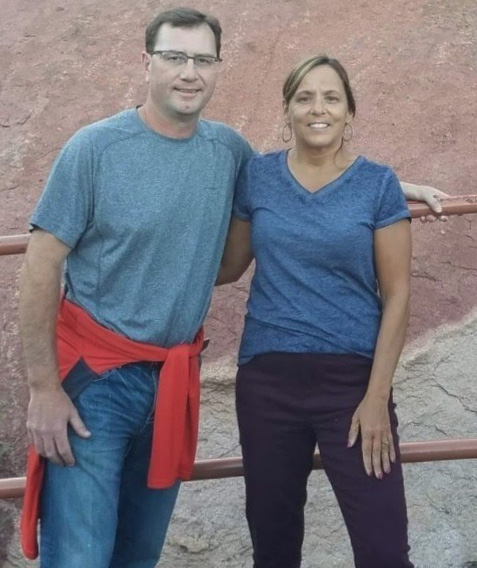
More About Koehn
Brad Koehn graduated from Kearney State College in 1987 with a bachelor’s degree in business administration with a finance emphasis and an economics minor. During college, he also played quarterback on the football team.
Koehn has been active in the NBA, serving on the NBA Board of Directors, as chair of the VEBA Board of Trustees and the Government Relations Committee, the NBA Executive Committee, and as an instructor for the AIB and NBA/KBA Schools of Banking. He was selected to serve on the Nebraska Department of Banking and Finance Statutory Task Force. Most recently, he chaired the Federal Reserve Bank of Kansas City’s Community Depository Institutions Advisory Council, where he also served on the national advisory council to the Federal Reserve Board of Governors.
Locally, Koehn has held various leadership roles positively impacting Nebraska communities, particularly in West Point and Lincoln. He is also active in his local church and the Knights of Columbus.
Outside of banking, Koehn enjoys traveling with his wife Lori and spending time with their three children and all of their grandchildren. A self-proclaimed “adventurist,” he ran with the bulls in Pamplona, Spain, on his 50th birthday. He is an avid outdoorsman and has hiked sections of the Appalachian Trail. Future aspirations include journeying to the base camp of Mount Everest.

